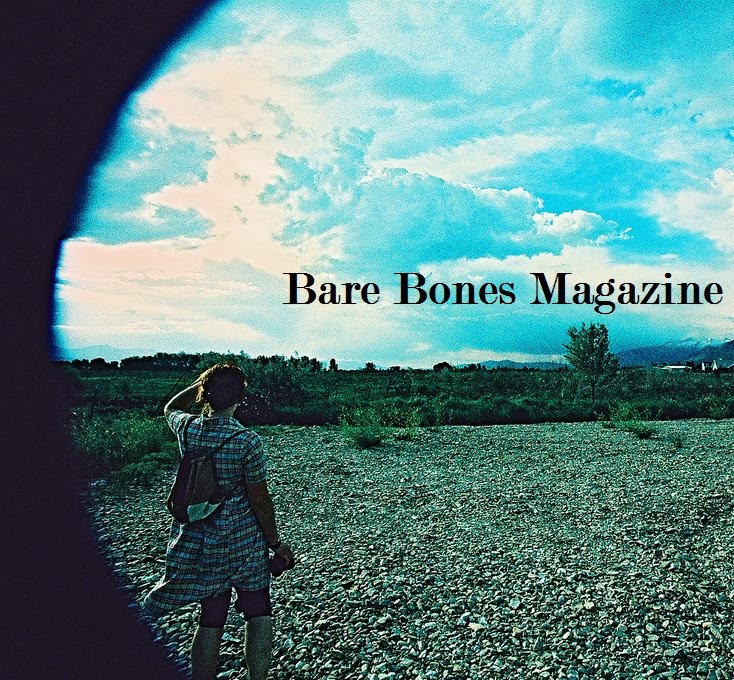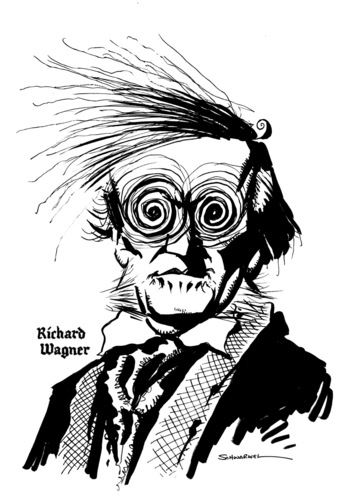This is a trailer for Stage Door, running from October 27 - November 13.
Stage Door is a play, originally made famous by an RKO filmic adaptation starring Katherine Hepburn, Lucille Ball, and Ginger Rogers. It's a classic, to be sure, and if you've ever marathoned TCM, chances are you've seen this film. However, it's interesting to note that the film has almost nothing to do with the original play aside from the basic premise and a few character names. This is all to say; don't think you've seen this if you've only seen the film.
Directed by Stephanie Breinholt and Assistant-Directors Jason Langlois and(the illustrious) David Jon Banks, the play promises to depart from most boorish, theatrical conventions. This is the team who brought you Tartuffe last semester, which melded Moliere's classic farce with morbid Victorianism and contemporary pop culture. Stage Door can be expected to continue that tradition of interweaving alternate periods of time, varying modes of technology, and playing off of the collective cultural experiences of a specific audience.
The very fact that it is being performed in the Margetts Theatre is a pretty good indicator of the character of the performance. Margetts is used, primarily, for small and experimental pieces. The entire room is 30 by 50 feet with performers and audience members squeezed together, facing one another, often without the ability to distinguish where the stage begins and ends. Physical proximity, if utilized properly, can heighten the best sensations of a live show.
BYU has a phenomenal legacy of musical theatre. Unfortunately, at least for me, this is more legacy than presentation. The gigantic productions that I've seen, like the Hamlet interpretation (a really intriguing concept), or Thoroughly Modern Millie, are great for mind-numbing spectacle. If I was not really into thinking about theatre as a legitimate art form then, yeah, these would be sufficient displays of performative prowess. Worst of all, really, is this space between the performance and the audience. There is an ever-felt distance in these grander productions that, to me, underscores a certain amount of safety. These are large standard affairs. Nobody is ever going to give the department any guff for putting on Thoroughly Modern Millie, especially when the performances are so technically dynamic. And that's the problem. Anybody with a talented cast can put on a Rogers and Hammerstein and get away with it.
However, I've seen adaptations of Frankenstein , Death of a Salesman, and Tartuffe that got me bro. These were small, informal, and wonderfully engaging performances. They also all had their fair share of flaws, both major and minor. Yet, they were fun, they were thoughtful, and, most importantly, they were courageous.
Stage Door could be awful. And even though I don't think it will be, the fact that if it is I'll be watching it burn slowly about three feet from my chair is reason enough to support this kind of performance. Respect where respect is due: to the brave few at BYU who deliver honest aesthetic experiences.
Read more
Stage Door is a play, originally made famous by an RKO filmic adaptation starring Katherine Hepburn, Lucille Ball, and Ginger Rogers. It's a classic, to be sure, and if you've ever marathoned TCM, chances are you've seen this film. However, it's interesting to note that the film has almost nothing to do with the original play aside from the basic premise and a few character names. This is all to say; don't think you've seen this if you've only seen the film.
Directed by Stephanie Breinholt and Assistant-Directors Jason Langlois and(the illustrious) David Jon Banks, the play promises to depart from most boorish, theatrical conventions. This is the team who brought you Tartuffe last semester, which melded Moliere's classic farce with morbid Victorianism and contemporary pop culture. Stage Door can be expected to continue that tradition of interweaving alternate periods of time, varying modes of technology, and playing off of the collective cultural experiences of a specific audience.
The very fact that it is being performed in the Margetts Theatre is a pretty good indicator of the character of the performance. Margetts is used, primarily, for small and experimental pieces. The entire room is 30 by 50 feet with performers and audience members squeezed together, facing one another, often without the ability to distinguish where the stage begins and ends. Physical proximity, if utilized properly, can heighten the best sensations of a live show.
BYU has a phenomenal legacy of musical theatre. Unfortunately, at least for me, this is more legacy than presentation. The gigantic productions that I've seen, like the Hamlet interpretation (a really intriguing concept), or Thoroughly Modern Millie, are great for mind-numbing spectacle. If I was not really into thinking about theatre as a legitimate art form then, yeah, these would be sufficient displays of performative prowess. Worst of all, really, is this space between the performance and the audience. There is an ever-felt distance in these grander productions that, to me, underscores a certain amount of safety. These are large standard affairs. Nobody is ever going to give the department any guff for putting on Thoroughly Modern Millie, especially when the performances are so technically dynamic. And that's the problem. Anybody with a talented cast can put on a Rogers and Hammerstein and get away with it.
However, I've seen adaptations of Frankenstein , Death of a Salesman, and Tartuffe that got me bro. These were small, informal, and wonderfully engaging performances. They also all had their fair share of flaws, both major and minor. Yet, they were fun, they were thoughtful, and, most importantly, they were courageous.
Stage Door could be awful. And even though I don't think it will be, the fact that if it is I'll be watching it burn slowly about three feet from my chair is reason enough to support this kind of performance. Respect where respect is due: to the brave few at BYU who deliver honest aesthetic experiences.






















